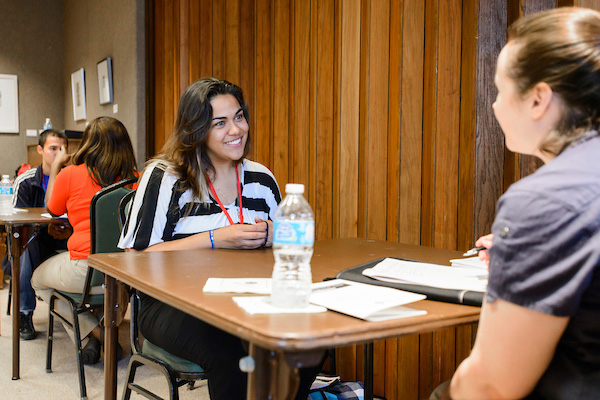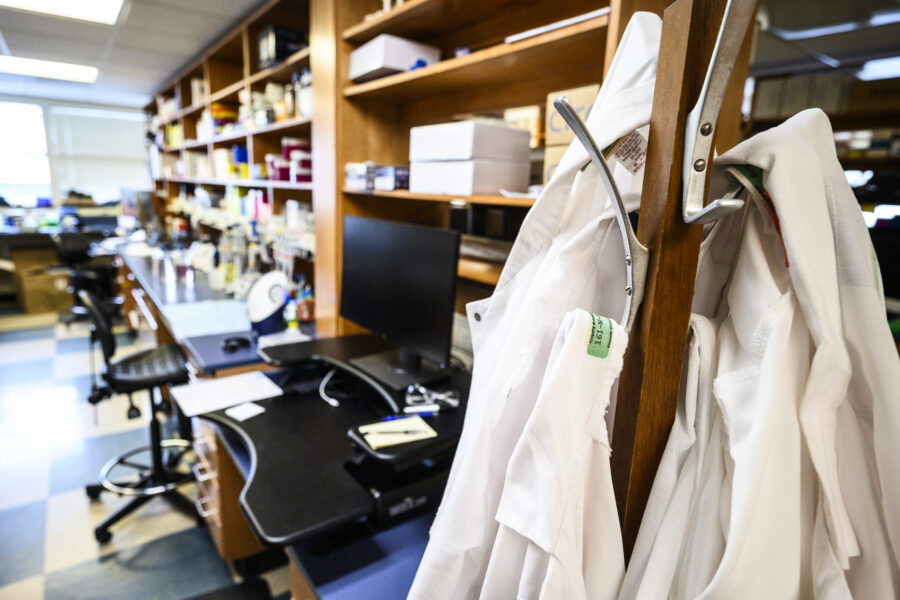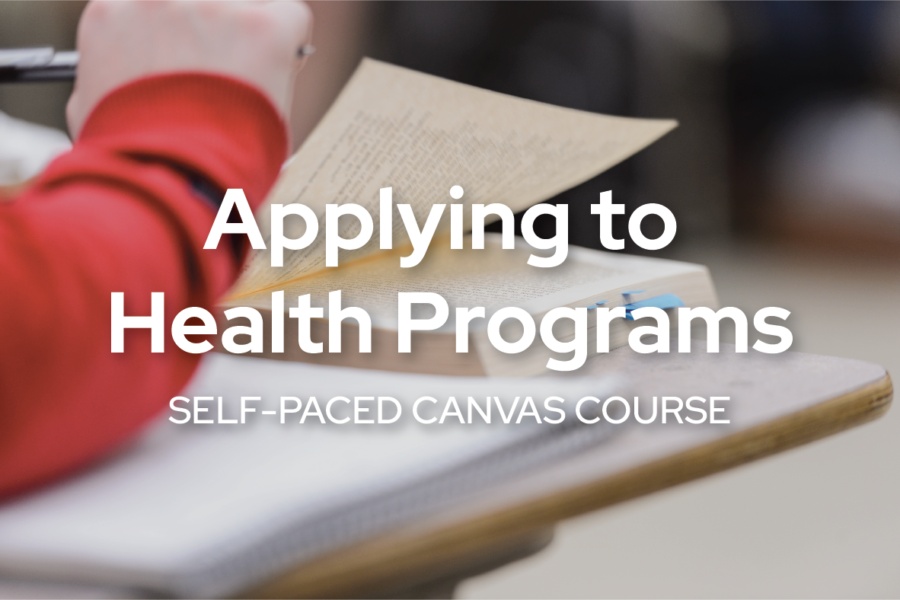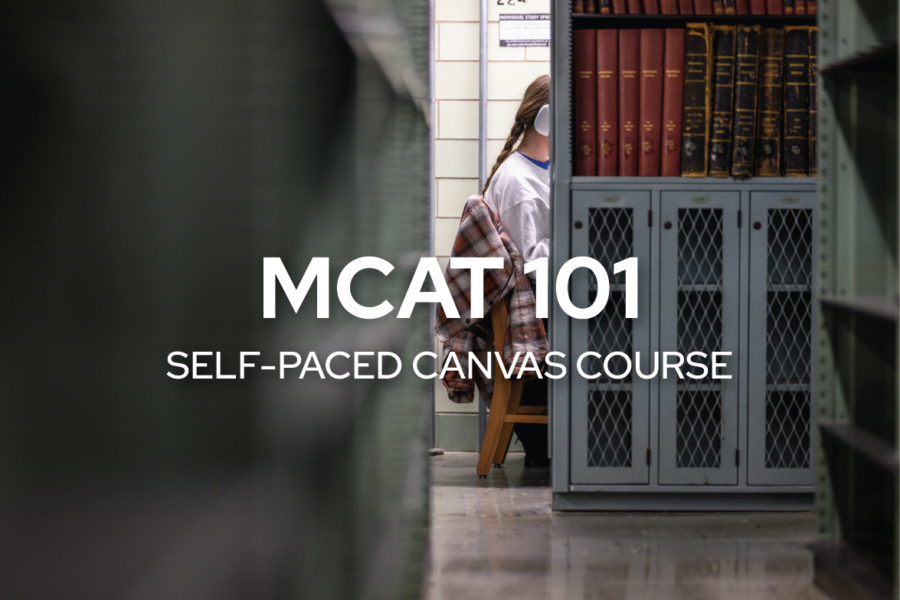About Anesthesiologist Assistant
Certified Anesthesiologist Assistants (CAAs) work in partnership with anesthesiologists and other medical professionals to care for patients in the operating room under anesthesia. The professional responsibilities and pay of Anesthesiologist Assistants are similar to those of Certified Registered Nurse Anesthetists (CRNA). However, CRNAs are trained as nurses first and are licensed to practice in more states. See the map on the American Academy of Anesthesiology Assistants (AAAA) About CAAs page for information on where CAAs can currently practice, and know that their goal is to work toward the right to practice in all states.
To learn more about this profession, see the Frequently Asked Questions about the CAA profession compiled by the AAAA.
Note: UW-Madison does not offer an Anesthesiologist Assistant program. While this field is not among CPHA’s primary areas of advising expertise, we are here to support you in exploring the career, building helpful experiences, and navigating some aspects of professional program applications. Talk with us if you have questions!
Certified Anesthesiologist Assistant (CAA)
Master’s in Anesthesia programs are approximately 2 year programs. Training takes place in the classroom as well as in affiliated hospitals.
Graduates are eligible to sit for an exam to become a Certified Anesthesiologist Assistant (CAA).
For the most up-to-date salary information, visit the American Academy of Anesthesiologist Assistants (AAAA) website.
Explore Your Interest in Anesthesiology
Shadowing & Informational Interviews
An excellent way to explore your interest in the profession is by shadowing and talking with CAAs. Look for CAAs on LinkedIn, Instagram, or TikTok to see if they are willing to talk about their career. Talk with a CPHA advisor for possible alumni contacts.
Volunteering
Programs look for applicants who demonstrate a sustained commitment to serving others. Learn more about opportunities to volunteer in clinical and non-clinical settings.
Jobs
Getting a job in a clinical or surgical setting is a great way to learn about the practical aspects of the field. Consider aide, tech, or assistant positions at hospitals or clinics. Confirm that this work is something you enjoy!
Additional Resources
Planning to apply within the next year and need shadowing? Reach out to Kelly McClanahan, a current CAA at UW Health who will be helping with education coordination, at kMcClanahan@uwhealth.org to learn about opportunities for shadowing.
Regardless of if you’re planning on applying within the next year, watch this recording of the Spring 2024 Anesthesiologist Assistant Information Session to hear from Randy and two CAA grad students. They share helpful information about the profession as well as tips for applying to programs.
See also: A Day in the Life of An Anesthesiologist Assistant on the Health Careers with Dr. Marn Podcast
Spring 2024 Anesthesiologist Assistant Information Session
Finding a Program
Find a list of programs on The Association of Anesthesiologist Assistant Education Programs (AAAEP) website under the “Members” tab.
Connect with the Master of Science in Anesthesia (MSA) program at the Medical College of Wisconsin by emailing mcwmsa@mcw.edu.
Educational & Professional Assocations
Preparing for a CAA Program
Requirements vary from school to school, so it’s always necessary to consult program websites. Find a list of programs via the link above.
CAA Required Coursework
| Topic | Credits/Semesters | UW-Madison Courses |
|---|---|---|
| General Chemistry | 8-10 credits or 2 semesters | Choose one of the following sequences: Chemistry 103-104 Chemistry 109 |
| Organic Chemistry | 3-8 credits or 1-2 semesters | Choose one: Chem 341-342 Elementary Organic Chemistry Chem 343/345/344 Introductory and Intermediate Organic Chemistry with lab |
| Biology | 5-10 credits Usually labs are required. | Choose one of the following sequences: Zoology 101-102 + an additional bioscience course Options include: Genetics, Microbiology, Cell Biology, Immunology Note: you may need to do an additional bio-science course with lab Biology 151-152 Biocore 381-382 AND 383-384 satisfies Intro to Bio requirements Biocore 485-486 Organismal Biology lecture/lab (Satisfies I/A bio) *Biocore: Students must apply to enroll in Biocore. For more information, visit the Biocore Website |
| Anatomy with lab | 4-5 credits | Anatomy & Physiology 337- lecture Anatomy & Physiology 338 - lab |
| Physiology with lab | 4-5 credits | Anatomy & Physiology 335 - lecture & lab |
| Biochemistry | 3 credits | Biochem 501 |
| Physics | 8-10 credits | Choose one of the following sequences: Physics 103-104 (algebra-based) Physics 201-202 (calculus-based; intended for Engineering majors) Physics 207-208 (calculus-based; intended for Life Science majors) *If physics is required for your major, select the sequence recommended by your major. Some programs may require calculus-based Physics. |
| Advanced Math | 3 credits | Calculus (Math 221 or Math 211) |
| Statistics | 3 credits | Stats 301 Stats 371 Psych 210 A statistics course in your major |
| Medical Terminology | 3 credits or one semester | Classics 205 |
| Humanities | Take 6 credits of English | Learn more: English Requirements for Health Programs |
Many programs require the GRE or MCAT. The module “Prepare for the GRE” on our “Applying to Health Professions” Canvas course has more information on study plans, resources, and tips. Our MCAT 101 Canvas course will help you prepare for the MCAT.
Application Process
All accredited Anesthesiologist Assistant programs use the Central Application Service for Anesthesiologist Assistants (CASAA) as a common application. Applications open in March, and it can be helpful to submit early if a school has a priority deadline. Final deadlines are usually in spring of the next year. The entire process takes about a year!
The CASAA Applicant Help Center shares more information about application components.
Read more about the CASAA Fee Waiver Program.
Related CPHA Canvas Courses
Enroll in Applying to Health Programs
CPHA runs a Canvas course called Applying to Health Programs, a non-credit course designed to help you with the process of applying to programs like CAA programs.
Enroll in MCAT 101
CPHA runs a Canvas course called MCAT 101, a non-credit course designed to help you with the process of preparing for the MCAT. On this course, you'll find tips on creating a study plan, tracking your progress, using stress to your advantage on the test, and more!




